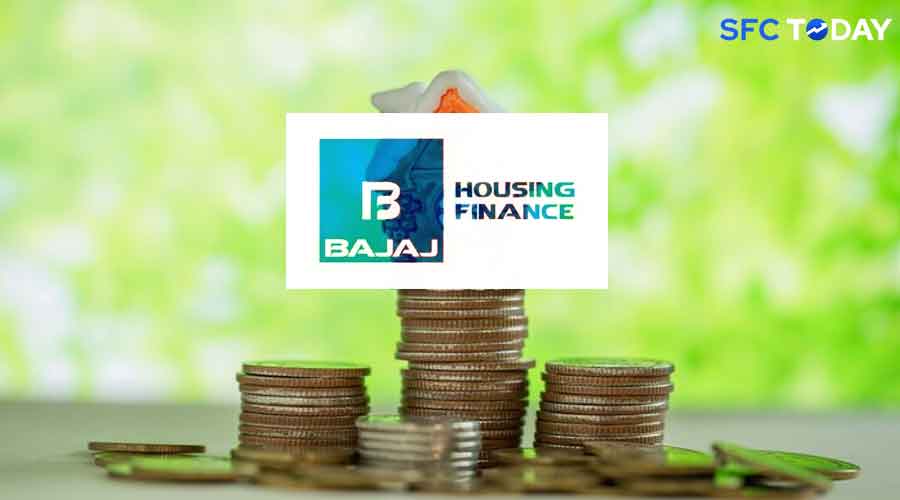Bajaj Housing Finance IPO soars, opening at Rs. 150, a 114% leap from Rs. 70 issue price, peaking at Rs. 160.92. Subscription rate hits 67.43x!
Bajaj Housing Finance Limited, a company of the renowned Bajaj Group, launched its IPO on Monday with the initial trading on the Bombay Stock Exchange (BSE) at Rs. 150 per share. This opening price was almost 114% higher than the Issue Price of Rs. 70 . The shares continued to rise to its highest levels in early trade at Rs. 160.92, indicating a good market performance.
The observed subscription rate implies an over-subscription of 67.43 times and a significant grey market premium before the listing had raised many people’s expectations which the IPO met. This performance further reaffirmed the investors’ confidence in the company’s financial fundamentals and its association with the Bajaj Group which is reputed for its financial services verticals.
Investor Interest and Stock Market Volatility
According to Shivani Nyati, the Head of Wealth at Swastika Investmart Ltd., Bajaj Housing Finance’s entry into the stock market was expected and well received by IPO investors. Nyati also explained the success of the IPO, saying that confidence in the company’s fundamentals and its ability to grow in the housing finance sector were the main indicators for the market.
The attractive valuation and the steady growth prospects of the company made it an attractive proposition for investors and proved to be a good investment opportunity for Bajaj Housing Finance. This was powered by the backing of the highly regarded Bajaj Group which not only boosted investors’ confidence but also added to the popularity of the IPO.
Post-IPO Investment Strategies
After the IPO, Shivani Nyati pointed out that based on the investor’s investment objective, there are certain possible courses of action that they may undertake. For those who wish to take advantage of the initial boost, being able to book profits could be a strategy. However, for long term shareholders, this policy could prove to be advantageous particularly where the performance of the company remains good.
Nyati suggests that long-term investors should set the stop loss at Rs. 135 to minimize the risks and at the same time keep a long term view on the fundamental factors to reflect in the future activities of the company. An active tracking of not only firm specific measures Bajaj Housing Finance but also the overall macroeconomic environment is crucial in striking the right balance in every investment strategy.


